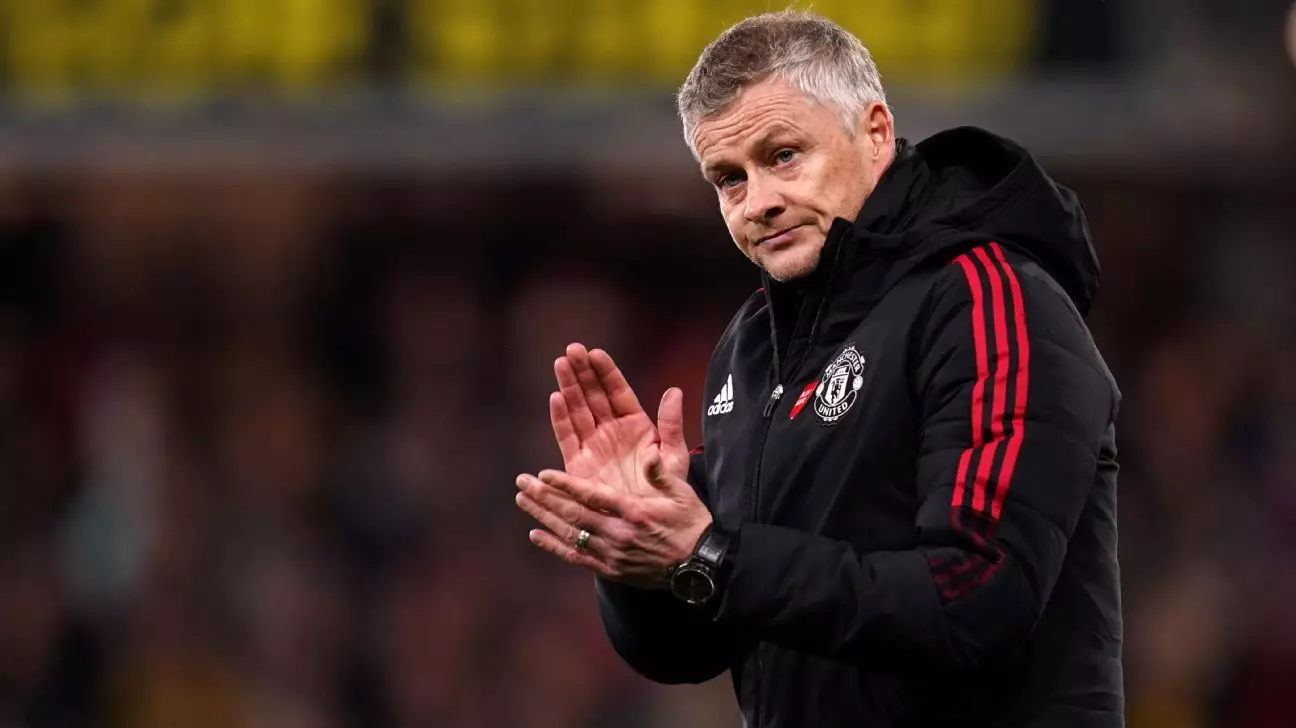There exists an enduring connection between Ole Gunnar Solskjaer and Manchester United, a relationship steeped in history and emotion. The former player and manager recently expressed an unwavering willingness to return to Old Trafford if called upon. During a dialogue at the Oslo Business Forum, Solskjaer stated he would “say yes every day of the week” to a managerial reclamation. This statement encapsulates not only his deep-rooted loyalty to the club but also reflects the ongoing turbulence that currently envelops Manchester United’s management structure. His immediate return could provoke a whirlwind of emotions among the fanbase and could certainly stir the ever-volatile waters of football dynamics.
While Solskjaer’s affection for the club is indisputable, one must also consider the implications of a potential second stint. His previous tenure, which began as an interim appointment in December 2018, culminated in a dramatic exit in November 2021. Despite guiding the club to a commendable second-place finish in the pandemic-affected 2020-21 season, he was unable to secure any silverware. The combination of a floundering streak—six defeats in eleven matches—paired with a disheartening home loss against rival Liverpool might lead one to question whether a second tenure would yield different results. Revisiting the managerial helm could drown Solskjaer in an ocean of expectations, potentially shackling him to the very issues he previously faced.
The present situation facing Erik ten Hag is fraught with complications; the pressure mounts as Manchester United’s performances dwindle. With only three victories in eight matches this season, his tenure faces scrutiny. In his defense, Ten Hag pleaded for patience from fans, arguing that the integration of young talents demands time to bear fruit. His approach symbolizes a broader strategy seeking long-term resilience rather than immediate acclaim; however, if results do not improve, the clamor for change may very well drown out such rationale.
Post-United life has seen Solskjaer engage in non-management ventures, with a focus on being a technical observer for UEFA. His involvement in compiling reports from major tournaments underscores his awareness of evolving football trends. Furthermore, with Norway’s national team anticipating a coaching transition following Ståle Solbakken’s likely departure after the 2026 World Cup, Solskjaer has shown interest in stepping into that role. This ambition indicates a desire to move beyond the club level and embrace a national landscape, which could provide its own set of challenges.
As the specter of Solskjaer lingers amidst growing frustrations at Manchester United, it creates a dual narrative of nostalgia tinged with the potential for progress—or regression. While the emotional ties and historical significance of Solskjaer’s presence cannot be understated, the question remains: would his return truly be beneficial for a club in flux? The football community is left pondering whether the charm of the past can successfully align with the intricacies of modern football’s demands—a narrative that evolves with each passing matchday.
